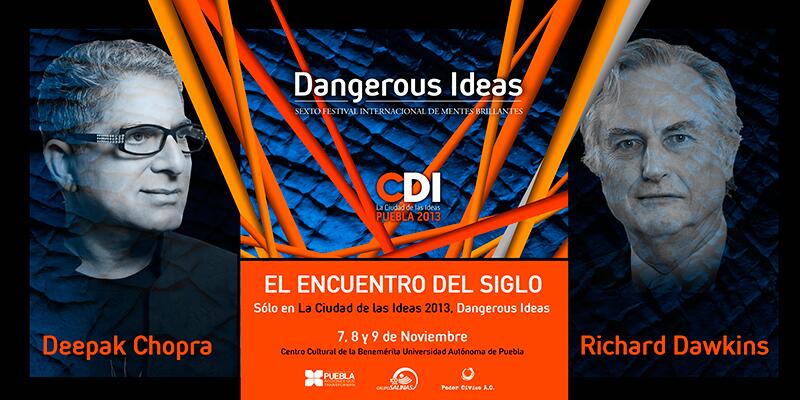By Deepak Chopra, M.D., FACP, Menas C. Kafatos, Ph.D., Fletcher Jones Endowed Professor in Computational Physics, Chapman University, P. Murali Doraiswamy, MBBS, FRCP, Professor of Psychiatry, Duke University Medical Center, Durham, North Carolina, Rudolph E. Tanzi, Ph.D., Joseph P. and Rose F. Kennedy Professor of Neurology at Harvard University, and Director of the Genetics and Aging Research Unit at Massachusetts General Hospital (MGH), Neil Theise, MD, Professor, Pathology and Medicine, (Division of Digestive Diseases) Beth Israel Medical Center — Albert Einstein College of Medicine, New York
Telling someone that Truth exists with a capital T may seem like a quixotic crusade. We have raised a new absolute – universal consciousness (or pure awareness) – to the level once occupied by God, an all-pervasive, all-powerful agent who is secretly in charge of everything. But reality has led us to this conclusion and, by any definition, science is an activity that must follow wherever reality leads it. The oldest and most sacrosanct assumption of science – that reality exists “out there,” independent of consciousness – has reached the end of its usefulness. The time for a paradigm shift is long overdue. Quantum physics sniffed around the importance of the observer a century ago, and now the tide has come in. Without an observer, so-called physical reality cannot be perceived in any way, either through validation and measurement by experiments or through theoretical, mathematical calculations. Moreover, a reality existing “out there”, devoid of consciousness, is, ultimately, not possible.
(more…)

